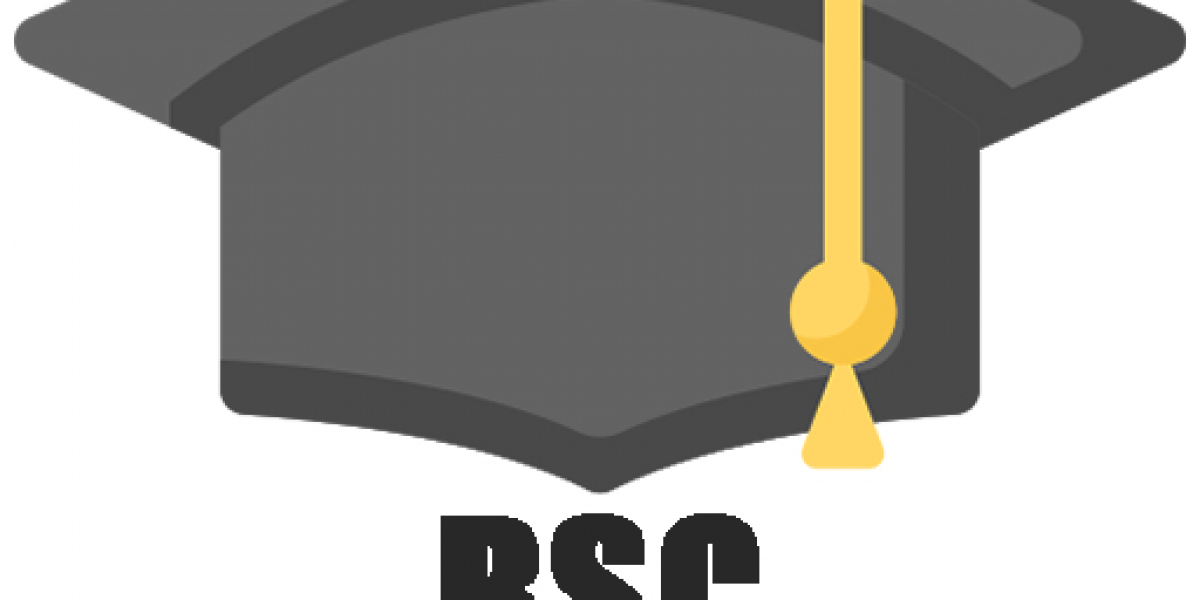What’s next after school? For many, this question brings uncertainty, especially when deciding what degree to pursue. The Bachelor of Science (BSc) offers a world of opportunities. Whether you’re passionate about biology, physics, or even data science, a BSc degree serves as the foundation for endless career possibilities. Let’s explore how this versatile qualification opens doors and shapes futures.
The Science of Opportunity
Science isn’t just confined to laboratories. A BSc degree extends its reach to fields like technology, environmental studies, and even business. Want to analyze global warming patterns? Build the next big app? Or innovate in the pharmaceutical world? A BSc can set you on that path.
Take Priya, for example. She pursued a BSc in Environmental Science, driven by her love for nature. Today, she works with an international NGO, tackling deforestation. Her degree was more than a qualification—it was her entry ticket to making an impact.
Why Choose a BSc?
Still wondering if this is the right choice? Here’s why a BSc makes sense for so many students:
- Versatility: A BSc isn’t just about one career. It branches out into research, teaching, corporate roles, and even entrepreneurship.
- Foundation for Growth: Planning to do a Master’s or even a Ph.D.? Your Bachelor of Science degree lays the groundwork.
- Demand: Whether it’s AI specialists or marine biologists, the demand for science professionals continues to grow.
The best part? With so many specializations available, you can tailor your degree to match your interests.
Specializations: Where Science Meets Passion
Let’s talk specifics. The full form of BSc is Bachelor of Science, but the diversity within this field is staggering. Here’s a closer look at popular paths:
- Life Sciences: Love studying living organisms? Choose Biology, Zoology, or Microbiology.
- Physical Sciences: Physics, Chemistry, or Geology might be your calling.
- Computer Sciences: Coding enthusiasts can dive into programming, data analytics, or AI.
- Mathematics and Statistics: If you have a knack for numbers, this is where the magic happens.
Each specialization offers a unique lens to view the world. Want to understand why machines think like humans? Go for Artificial Intelligence. Prefer diving into ocean ecosystems? Marine Biology awaits.
Bridging Theory and Practice
One concern many students have is: “Will this degree prepare me for the real world?” The short answer: absolutely.
A BSc degree isn’t just theoretical. It’s highly practical. Courses often include lab work, internships, and project-based assignments. For example, a BSc in Biotechnology might involve hands-on work with DNA sequencing tools. Similarly, a BSc in Computer Science could mean designing apps as part of your coursework.
The result? You graduate with real-world skills.
Beyond the Degree: What Comes Next?
A Bachelor of Science degree doesn’t limit you to one path. If anything, it’s the opposite.
- Higher Studies: Pursue a Master’s or Ph.D. to delve deeper into your chosen field.
- Industry Roles: From tech startups to multinational companies, BSc graduates are highly sought after.
- Entrepreneurship: Dreaming of starting your own company? Use your scientific expertise to solve real-world problems.
Let’s not forget emerging fields like Data Science and Environmental Policy, where a BSc acts as a stepping stone.
BSc in a Changing World
The world is evolving fast. And so is education. Newer specializations like Cybersecurity, Space Sciences, and Environmental Engineering are gaining traction. Why? Because they address modern challenges.
Imagine this: You’re in a world where cyber threats dominate. A BSc in Cybersecurity gives you the skills to protect sensitive information. Or consider renewable energy. With a BSc in Environmental Science, you could lead projects developing solar power solutions.
The possibilities? Endless.
Success Stories to Inspire You
Ravi’s Journey: He started with a BSc in Mathematics, unsure of where it would lead. Today, he’s a data analyst for a global corporation. His degree gave him the analytical skills to interpret data, solve problems, and make strategic decisions.
Anika’s Path: Anika loved animals but didn’t want to become a vet. She pursued a BSc in Zoology and now works with wildlife conservation teams, saving endangered species.
Both Ravi and Anika used their BSc degrees as launchpads. And you can too.
Navigating the Challenges
Let’s be honest. A BSc isn’t a cakewalk. The coursework can be rigorous, and the expectations high. But here’s the thing: every challenge prepares you for what’s ahead.
Think of it like this. Learning complex formulas or conducting experiments is like training for a marathon. Tough at first, but once you master it, the rewards are unmatched.
The secret? Stay curious, seek help when needed, and remember why you started.
A BSc Isn’t Just for Scientists
Surprised? While the full form of BSc is Bachelor of Science, the scope goes beyond traditional science roles. Many BSc grads excel in fields like business, arts, and even media.
For instance, a BSc in Computer Science can lead to digital marketing roles where data plays a key part. Or a BSc in Statistics might land you a job in finance. The world doesn’t view science in silos anymore.
Key Takeaways
- A BSc degree opens doors to diverse careers.
- It combines theoretical knowledge with practical skills.
- From tech to environment to data, the opportunities are vast.
- Newer specializations are shaping the future workforce.
The bottom line? A BSc equips you to thrive in an ever-changing world.
Conclusion
Charting new paths with a Bachelor of Science degree is about more than earning a qualification. It’s about curiosity, exploration, and growth. The full form of BSc might seem straightforward, but its scope is far-reaching. Whether you dream of becoming a researcher, an entrepreneur, or a tech guru, a BSc can help you get there.
Ready to take the leap? The next chapter of your life awaits.
FAQs: Your BSc Questions Answered
1. What is the full form of BSc, and what does it entail?
The full form of BSc is Bachelor of Science. It’s an undergraduate degree focusing on scientific and technical subjects like biology, physics, and computer science.
2. Is a BSc degree limited to traditional science fields?
Not at all! While rooted in science, a BSc can lead to careers in business, finance, tech, and even creative industries.
3. How does a BSc prepare me for the future?
Through practical learning, internships, and project work, a BSc equips you with skills that are in demand across industries.
4. What are the career prospects after completing a Bachelor of Science?
From research to corporate roles, teaching, or higher studies, the options are vast. Fields like data science, environmental policy, and AI are especially popular.
5. Is pursuing a BSc worth it in today’s job market?
Absolutely! With industries increasingly relying on scientific and technical expertise, a BSc can provide a strong career foundation.









